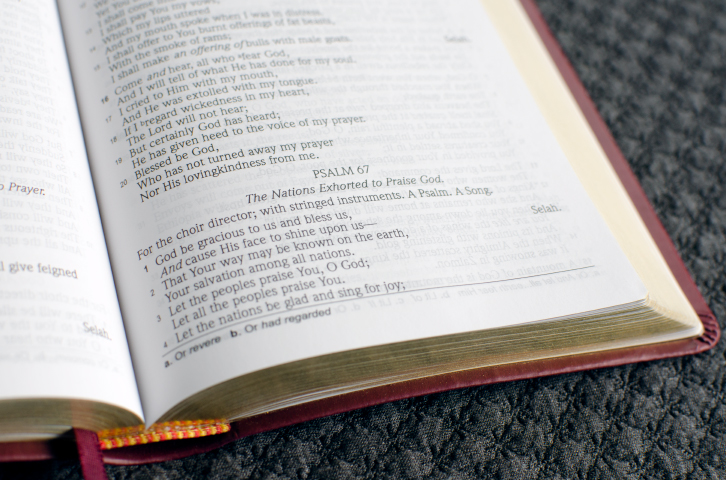Blog
“We Should Sing More Psalms”
Categories: Worship

Recently, I spent a weekend down in Texas working on a project called Timeless. It is a modern-day psalter—an adaptation of all 150 psalms into lyrical and musical forms suitable for use in a-cappella congregational worship. Though I was happy to help, Timeless certainly isn’t my brainchild. Indeed, it had been pursuing this goal for a dozen years before I ever encountered it.
However, the more I think about it, the better I like the idea of singing more psalms. Anybody who pays attention to my writing on worship knows that there are two main lyrical issues that concern me: better Biblical content and greater emotional range. Singing more of Psalms, and especially singing paraphrases that are representative of the content of Psalms, addresses both of those concerns.
Now, it’s true that we have some psalm content in our repertoire already. Nearly every Christian knows the likes of “Hallelujah! Praise Jehovah!” and “The Lord’s My Shepherd”. However, those upbeat hymns of praise and assurance give us a distorted picture of what the Psalms are like. Most of the 150 are not upbeat and happy. To the contrary, most psalms are laments, filled with sorrow and the struggle to find God in difficult times.
Even our song texts that come from psalms of lamentation often manage to miss the point. Take, for instance, the praise song “Shield About Me”. We sing it frequently at Jackson Heights, and I like it, though the high-flying tenor line is kind of a strain for my baritone voice. The lyrics are quoted from Psalm 3:3.
That’s fine, as far as it goes. I’m all about praising God as my shield, my glory, and the lifter of my head. However, Psalm 3:3 isn’t its own proverb. It’s in the context of Psalm 3:1-2, which reads, “O Lord, how many are my foes! Many are rising against me; many are saying of my soul, ‘There is no salvation for him in God.’”
We would never glean it from “Shield About Me”, but Psalm 3 is another one of those psalms of lamentation. The ascription tells us that David wrote it when he was on the run from Absalom. These are the words of a man whose own son is trying to kill him! The idea of God as our shield and glory and head-lifter is powerful on its own, but when it is contrasted with human faithlessness and evil, it becomes sublime. Even if our loved ones betray us, God is still on our side!
We need to be singing things like that, though they undeniably make many Christians uncomfortable. You know what, though? That unpleasant emotion that makes you uncomfortable may be exactly the emotion that a brother or sister in Christ is feeling and desperately, desperately needs to sing about. Don’t think a psalm about betrayal by a family member could be relevant? Talk to a Christian whose spouse has cheated on them.
We live in a culture that insists on authenticity, but too often our song worship is inauthentic. We sing as though every problem a Christian has can be solved with a pasted-on smile and a snappy two-pager. Is it any wonder that so many Christians seem emotionally detached from our singing? Maybe, just maybe, it would help if we invited them to sing what they were truly feeling. Maybe it would help if we invited them to sing from the Psalms.





